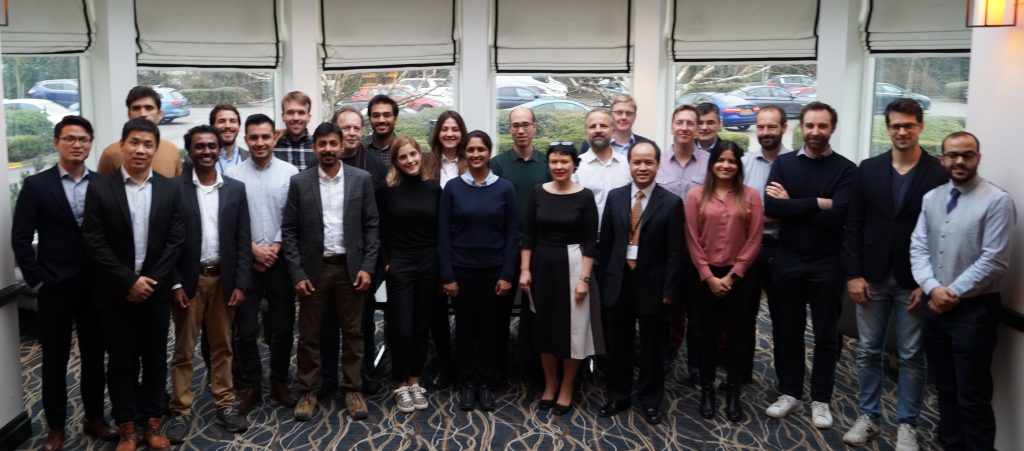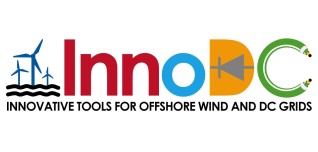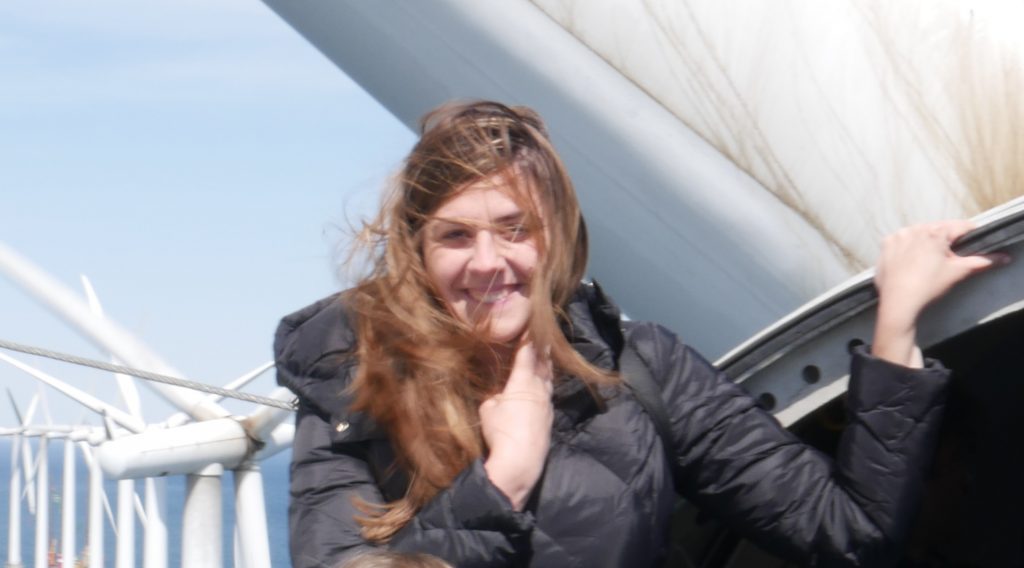
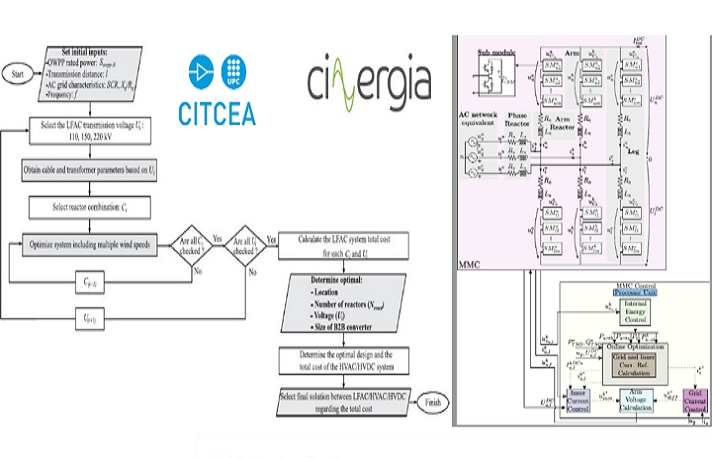
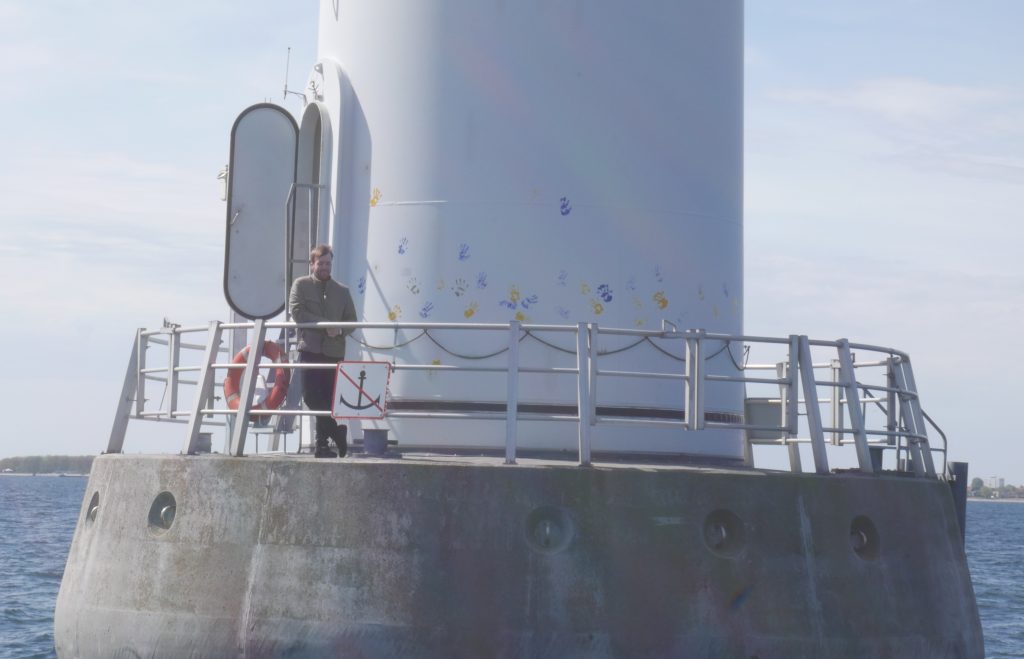
The InnoDC project finished on 31 December 2021, and its researchers are now employed in specialist roles within academia or industry, such as Luis Orellana, who moved from Universitat Politècnica de Catalunya (UPC, Barcelona) to Siemens-Energy (Germany) as a Control & Protection Engineer for HVDC Studies. Meanwhile, research, collaborations and follow-on projects continue.
Below we summaries more journal articles from UPC and Cinergia Power Solutions . Click here for the full list of our journal papers.
| Low frequency AC transmission systems for offshore wind power plants: Design, optimization and comparison to high voltage AC and high voltage DC. International Journal of Electrical Power & Energy Systems. Authors: Jovana Dakic, Marc Cheah-Mane, Oriol Gomis-Bellmunt, Eduardo Prieto-Araujo. Jovana Dakic‘s paper discusses using low frequency (16,7 Hz) – instead of standard frequency (50 Hz) – to transfer wind-energy from sea to shore. This potentially reduces the total cost of existing technology, since AC cables can transfer more power when operating at lower frequencies. In addition, compared to DC systems, the offshore converter could be eliminated thereby decreasing system complexity. The suggested method enables detailed analysis of low frequency transmission systems, considering technical and economical aspects. Finally, the results are compared with HVAC and HVDC equivalent systems. It recommends a transmission technology for different wind-farm powers. |
| Real-time optimization-based reference calculation integrated control for MMCs considering converter limitations. IEEE Transactions on Power Delivery. Authors: Daniel Westerman Spier, Joan Marc Rodríguez Bernuz, Eduardo Prieto-Araujo, Joaquim López-Mestre, Adrià Junyent-Ferré, Oriol Gomis-Bellmunt. Daniel Westerman Spier‘s paper presents an optimization algorithm to obtain real-time optimal references of the Modular Multilevel Converter during balanced and unbalanced DC and AC network voltage conditions. The proposed method also considers grid support requirements under Fault Ride Through conditions and the converter’s current limitations. |
| You can follow all the Researchers’ careers through their Linkedin profiles. To view their technical area, see the InnoDC PhD projects page, then click on their name to go to their web-page which includes a link to their LinkedIn. We are very grateful to the European Union for funding InnoDC, enabling the researchers to become renewable energy experts and contribute to Europe’s future power system. |
